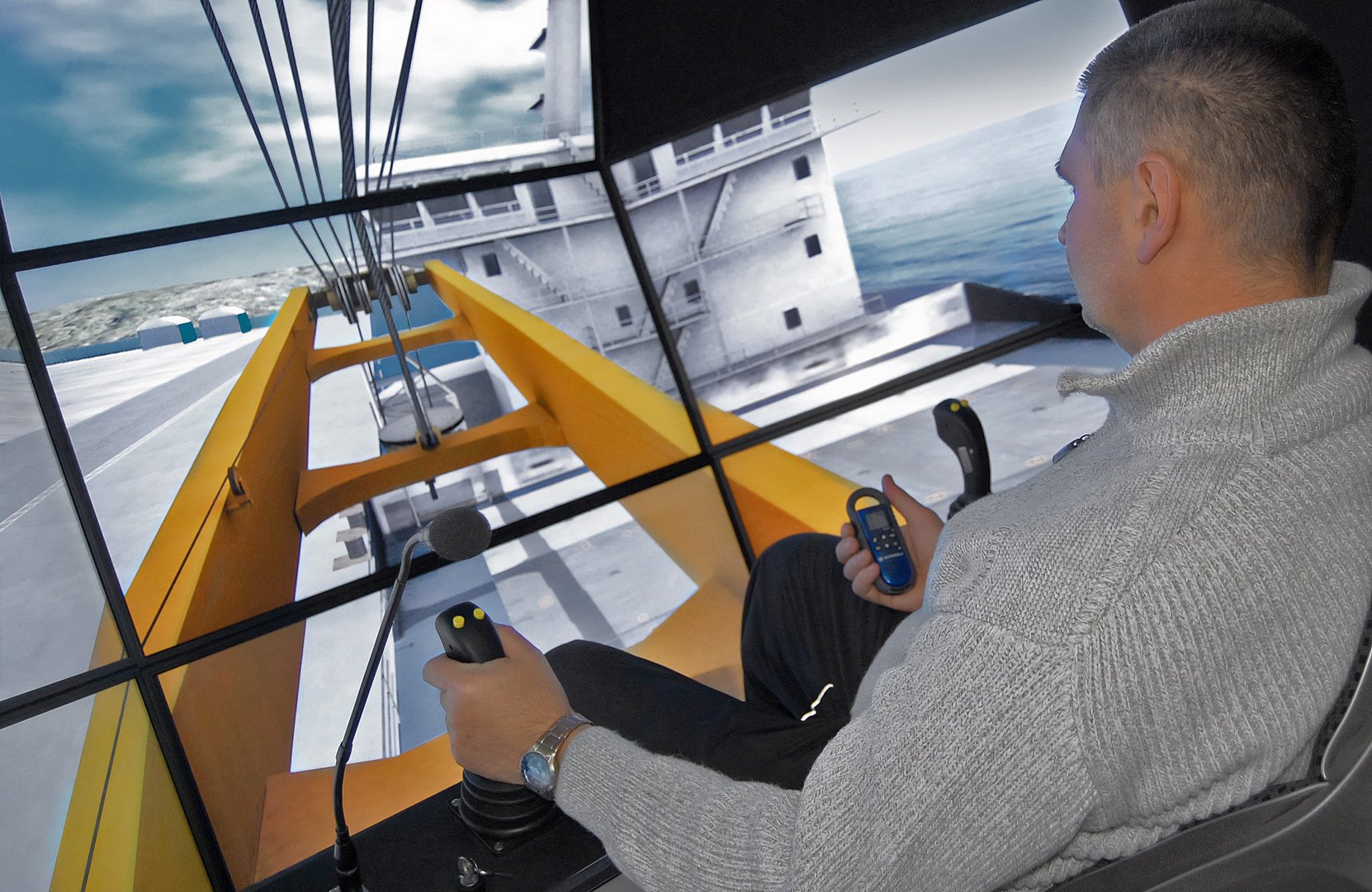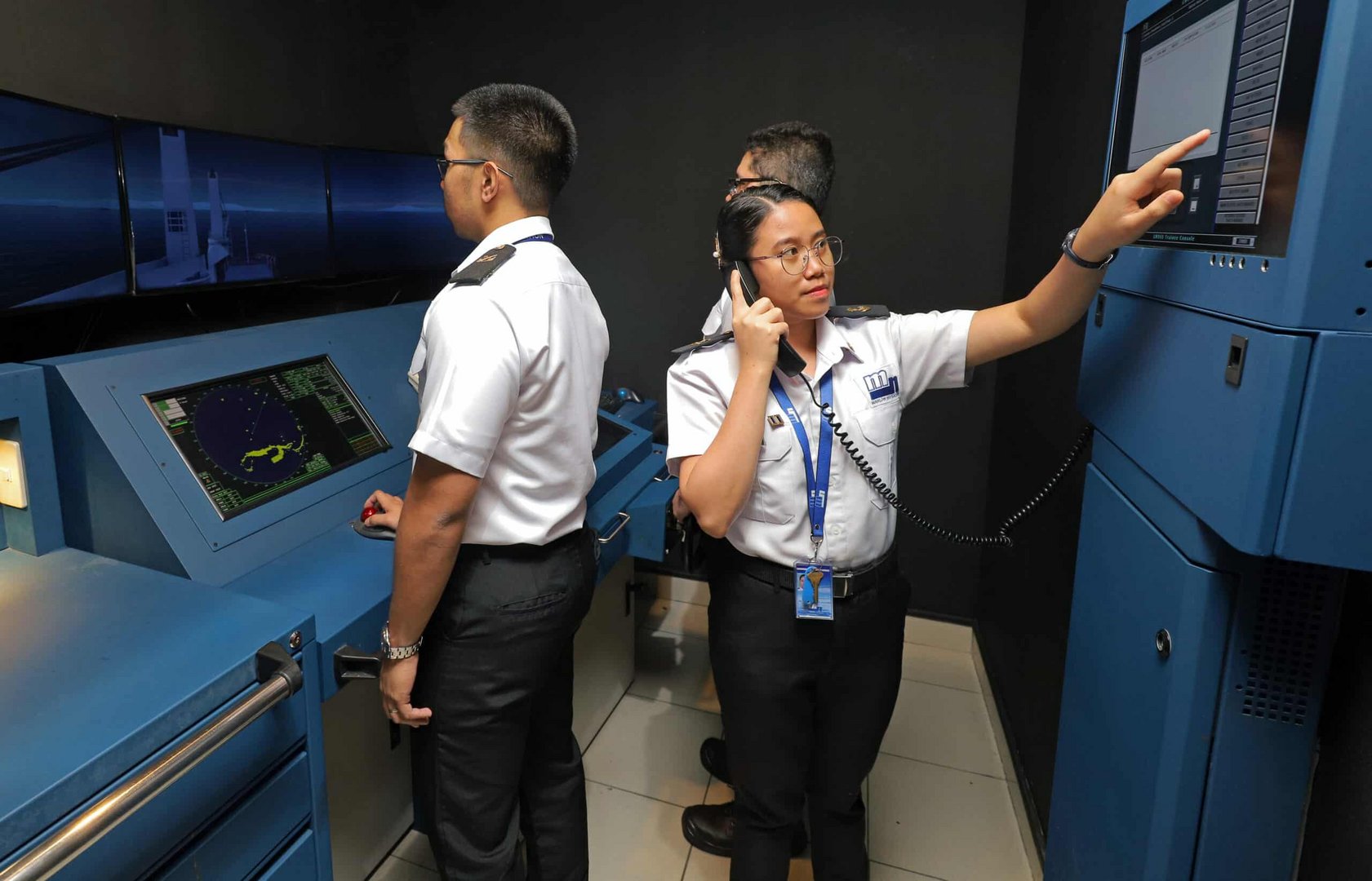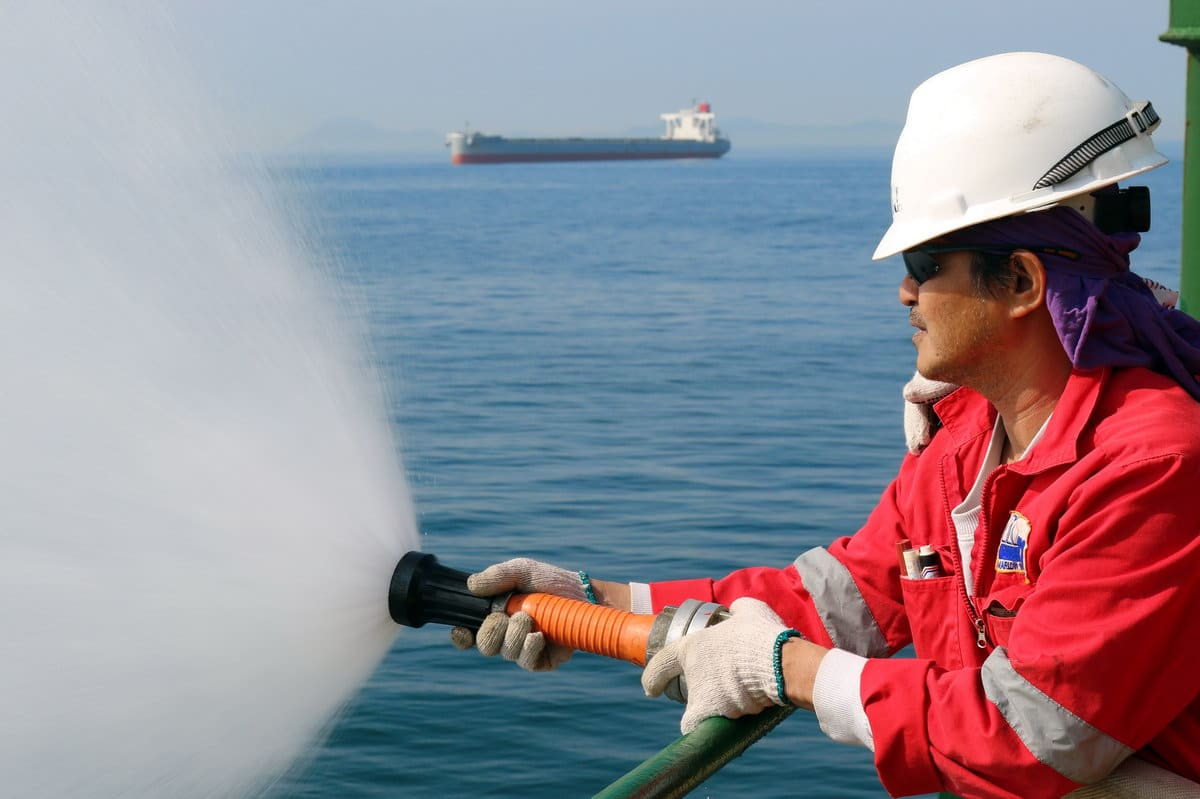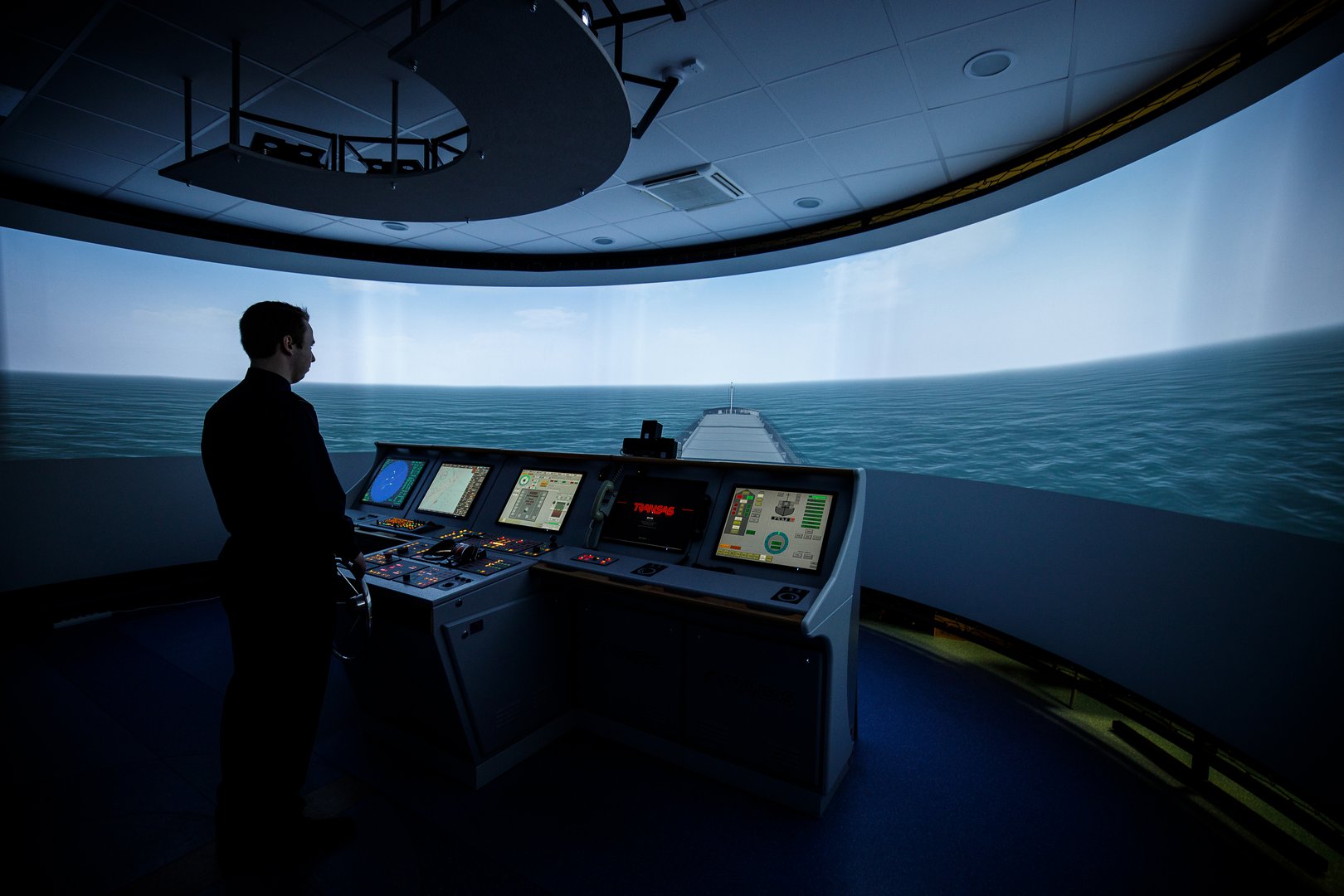New challenges and opportunities lie ahead for seafarers as the maritime industry undergoes a major evolution, driven chiefly by its energy transition. From autonomous ships to smart ports, from cyber threats to climate change – seafarers of the future will need to adapt to an everchanging maritime environment and acquire new skills and competencies.
In recent years, there has been growing pressure from governments, customers, and investors to reduce the carbon footprint of the sector and adopt more sustainable practices. These efforts not only help align the industry with universal objectives of decarbonisation but also enhance the attractiveness of companies choosing to invest in greener practices and innovation. This is especially true among ship charterers and cargo owners who tend to prioritise sustainability in their business choices and especially in their selection of maritime partners. Yet, in the race for maritime decarbonisation, applying theoretical and novel techniques to adhere to regulation has proven to yield some unexpected results and safety concerns.
We have already seen that Environmental regulations such as sulphur emission control and ballast water treatment have added huge levels of complexity to on-board operations. Very complex equipment, some even not well designed – creating significant challenges, even for seasoned seafarers. This will only become more severe as further layers and regulations are implemented.
“Seafarers have always been the industry’s focus, playing a decisive role in ensuring the safety, security, and efficiency of ship operations,” Joint Managing Director, Marlow Navigation Jan Meyering said.
As the industry adopts more advanced systems, semi -autonomous vessels and remote monitoring technologies – seafarers of the future will undoubtably require a different skillset beyond competent seamanship. “For instance, if ships should routinely connect to shore power at each port or use carbon capture control systems, we will require skilled persons that can operate and manage them,” he added.
A recent ITF report forecasts that approximately 750,000 seafarers will require upskilling to handle alternative fuels and technologies by 2050. Inherently, this indicates that seafarers will play a greater role in environmental management in the near future, as they will be required to operate and control complex alternative fuel systems such as ammonia and methanol; as well as emission-reducing technologies such as on-board cargo capture and storage.
There will be a notable movement towards monitoring and control of computer systems and automation supervision. More remote operations through shore-based control stations may also mean that future seafarers may be required to seamlessly inter-change with shore-based teams managing multiple vessels.
With such drastic changes on the horizon, demand for specialised training will emerge, featuring new courses and teaching methods. The industry will require that competent mariners possess advanced electronic skills so that faults with on board systems can be quickly diagnosed and rectified, possibly with shore support via the aforesaid control stations. Additionally, courses like cybersecurity training will become more common – teaching future mariners to safeguard onboard systems and data from potential ransomware, data breaches, phishing, and denial of service among others, even perhaps unforeseen fraudulent activities concerning ship digitalisation. Other crew-training trends will revolve around new vessel fuel systems; their safe handling and storage; dealing with emergencies related to such fuels as well as managing complex emission control technologies.

Furthermore, digital and simulation-based learning with the need to monitor and possibly rectify complex on-board automation systems will prove invaluable tools for the future of crewing and training. The primary emphasis of training will be on understanding fundamentals rather than predominantly relying on monitoring, as automation may become proficient in self-diagnosis and offering solutions. We expect that continued professional development (CPD) will become more prominent, and that crews will receive ongoing, hands-on training to stay updated with new technologies and industry regulations.
Consequently, the future of ship management will require enough technical expertise, crew management and IT skills ashore to handle highly automated vessels – with well-trained individuals ashore and at sea. Moreover, they must also invest in advanced data collection and remote monitoring systems which work in real time, so they can provide immediate advice to seafarers on board. Ship managers are constantly developing their own advanced and efficient training systems and continue to adapt them with time. As such, these systems can be further enhanced as future technologies take over.
Broadening out the discussion and assuming the ‘status quo’ for employment and life on board, we expect welfare and mental health to remain an important training topic. As current events have demonstrated, seafarers of the future may have to endure more frequent turmoil both at sea and ashore, as well as adapt to short and long-term global disruptions. Such challenges are already affecting how seafarers are being hired. Fundamentally, aspiring seafarers and educational bodies should continue to focus on developing and promoting soft skills respectively. Adaptability, communication, teamwork, and emotional intelligence are just a few of which will remain pillar abilities of future seafarers.

As such, the industry could provide more guidance and instruction in this area – in addition to the professional training and upgrading that is required. With advancements in communication tools and technology, apps such as Marlow’s CrewCompanion have already demonstrated their usefulness in current operations. It is firmly believed that applications in the palm of the seafarer’s hand will become increasingly important in the industry, replacing as well as enhancing communication and administration of both ship managers and crew members alike.
Ship to shore communication and collaboration is vital for the future of seafarers, as it can enhance their safety, well-being, and operational efficiency. With the advancement of technology, seafarers can on a personal level access various channels of communication to stay in touch with their people and communities. On a more professional level, it can facilitate the exchange of information and data between the vessel and shore-based teams, including alerts, navigation updates, cargo operations, and emergency assistance. By improving ship to shore communication and collaboration, future seafarers can benefit from better working conditions, increased productivity, and higher quality of life.

Seafarers will undoubtedly face new challenges and opportunities in a rapidly changing maritime industry. Technology, sustainability, and safety – the ultimate goal – are some of the key factors that will shape the future of shipping. Current seafarers will need to adapt to new roles and skills, as well as embrace a culture of lifelong learning and innovation, while younger generations will feel more comfortable with the upcoming maritime changes.
The seafarer of the future is not such a distant vision, but a reality that is already emerging. This is already evident in specialised marine sectors such as offshore. In preparing for the maritime future, one thing is for certain – that seafarers will remain key workers.







Click here to change your cookie preferences